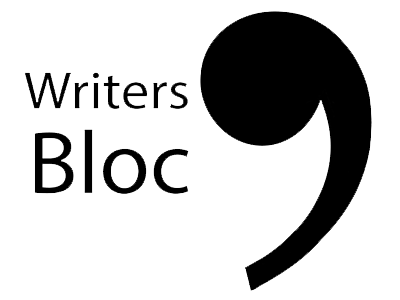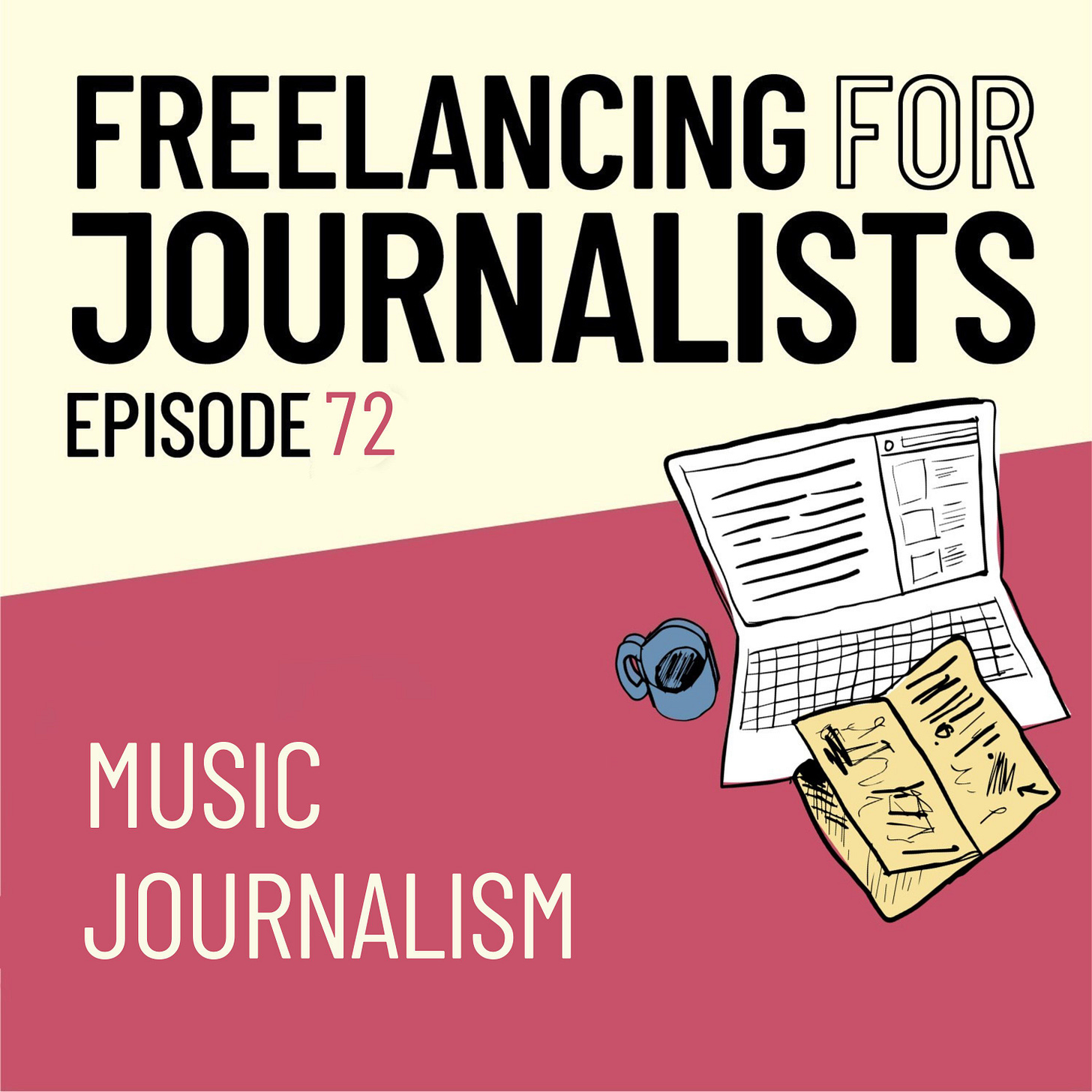Happy New Year everyone! We hope you are all feeling refreshed following the Christmas break and are energised for 2024.
We have been wanting to post this newsletter topic for ages, but things just kept getting in the way. So we thought January was a good time to examine a different way of selling stories. Most freelance journalists rely on contacts, pitching and news shifts to earn their way but there is growing number of press agencies promising to be the conduit between freelance journos and editors.
So this week we are digging into the world of freelance press agencies, what they are and what they offer.

What are freelance press agencies?
Freelance press agencies are an alternative method for journalists to sell their stories to publications. These agencies are different to organisations such as Reuters and PA as they are targeted towards freelancers instead of employing their own staff. After subscribing to these platforms you can upload stories or pitches which will be viewed by editors, who can commission them for publication. The agency either takes a cut, or makes money through annual membership fees.
This is beneficial for freelancers as their work can be sent to potentially hundreds of editors at a time, potentially making their work more likely to be bought whilst also saving time. However, there are drawbacks. You can't tailor a pitch for a specific publication or build a direct relationship with an editor, which you would benefit from if sending out your content individually. And many of these platforms are founded by tech entrepreneurs who have limited understanding of the nuances of the industry.
What do freelancers say about them?
We tried really hard to find freelance journalists who had used these agencies but they were incredibly difficult to track down. It just doesn't seem to be a thing, yet. Many of these agencies are sprouting up and then disappearing again. A few years ago FFJ co-director Lily Canter signed up to the now defunct JournoHub paying a £50 annual membership fee. In a whole year she sold just one tip off (making £60) but did make contact with a number of editors and saved lots of useful contact details. In the end she found developing relationships with editors outside the hub was far more fruitful, and cancelled her membership after the first year.
We also wanted to hear the experiences freelance journalists have had with these agencies to understand whether they are a worthwhile option. Freelancer Angela Youngman said: “I haven’t used a freelance press agency for a while, I did use one in Australia and managed to sell a few features over there but it got taken over by another organisation and basically everything died a death. I tried one in Scandinavia that was looking for travel features and sent over quite a few, put them up on its website and never heard anything more. The agency didn’t survive”. She also mentioned she was hesitant to use them again.
We also asked whether she thought they have potential to become the main route for freelancers to sell their stories: “No I don’t think they will become the main method for freelancers to sell content, mainly because the ones that survive are mainly focused on celebs, real life and entertainment material. There is a host of other topics out there which are never or rarely covered by agencies, and as a journalist who doesn’t work on these subjects there just doesn’t seem to be anything suitable or effective”.
We managed to gather a few more opinions from freelance journalists in our Facebook community who had dabbled in these services, and this is what they had to say:
I have tried one or two in the past, but never seemed to get anywhere with them.
I was recommended to use Fivrrr, Don't, it's full of scammers that want you to write for nothing as is Upwork. These two platforms have made me wary of trying anything similar in the future so now I just stick to pitching the old fashioned way.
For video journalists there's Newsflare - you can upload clips on a non-exclusive basis so you can still sell the clips elsewhere if you want.
I tend to pitch very outlet specific so I’m not sure it would work for me.
What agencies should I consider?
First of all we want to caveat that these are not personal recommendations. These are simply press agencies we are aware of which may be worth looking into. They all offer slightly different services at varying rates, and are based in different parts of the world.
5WH were founded in 2021 and are described on their website as a “unique global hub for journalists and media houses to interact, sell and buy all manner of content”. Also full disclosure, they were one of our sponsors for the 2023 Freelance Journalism Awards. The registration fee to join the platform is $150, and the annual membership costs $100. Once registered, you can advertise a story under four categories; Free, Shared, Exclusive and Bid.
Free stories have no cost or limit to the number of times they can be downloaded by media houses whereas Shared stories can be limited to how many times they can be purchased. Exclusive stories can only be purchased once whilst buyers can bid for the final category. This gives you a range of options to sell your content, depending on its quality. Payment for your content is made to 5WH, who take a 15% cut, ensuring that you receive your fee without issues.
European Press Agency, or EUPA, are the first international press agency dedicated to supporting independent content makers such as freelance journalists. Anyone who produces any professional media content can apply for membership, and they ensure that freelancers have the chance to become a member. Accreditation costs €108 as a one-time fee with the annual service charge being €48. Membership also allows you to open an account on their content commercialisation platform at no extra charge. This allows you to post and sell content you have produced, the same service as 5WH.
However, you can also get paid through participating in a range of meetings such as press conferences and sports competitions. Other benefits of EUPA include an international press pass, a press identity card and legal assistance if your rights are threatened or violated. This comprehensive range of advantages is great for the price you pay.
Writers’ Bloc was founded during the pandemic and describe themselves as a “new, innovative, cost-effective, and quality concept based around freelance journalism”. They are not to be confused with Writers’ Bloc, the content creation recruiters at writersblocltd.com. On their website, they promise to get journalists’ ideas in front of the best-suited eyes in media whilst also bringing the best and most suited pitches to editors every week. You can join as a member for free which will allow you to sell work straight away, alongside opening you up to new jobs and income streams. As it is free, they do not take a cut of your pay. Writers’ Bloc connects its members with editors in over 800 publications, a huge amount for a free service. This is by far the most stripped back of the three services discussed so far but certainly has room to grow.
So are they worth using?
The jury seems to be out on this one. These agencies are certainly worth a punt, but they have some work to do if they want to become a reliable service used by all freelancers. Have you used one? Let us know your experience.
New podcast on Music Journalism
It’s series 12 of the podcast and this time we’re doing a deep dive into specialisms, chatting to those who have formed a successful niche. This week we chat to Arusa Qureshi about carving out a career in freelance music journalism. Arusa talks about diversity in the industry, transferable skills and life as a night owl covering gigs in Edinburgh.
Triumph of the week
Having a whole week off and not turning on the computer once.
That feeling when
You have a thousand New Year themed PR emails to delete on your return to work.
We love to hear your feedback on everything we do, so feel free to drop us an email anytime at freelancingforjournalists@gmail.com
Bye for now!











